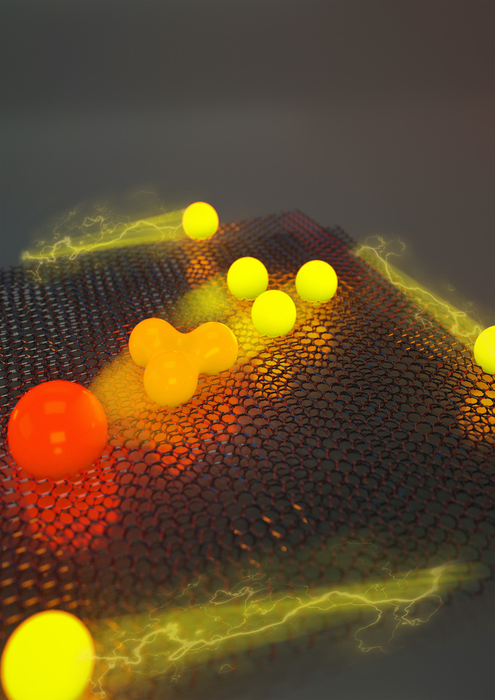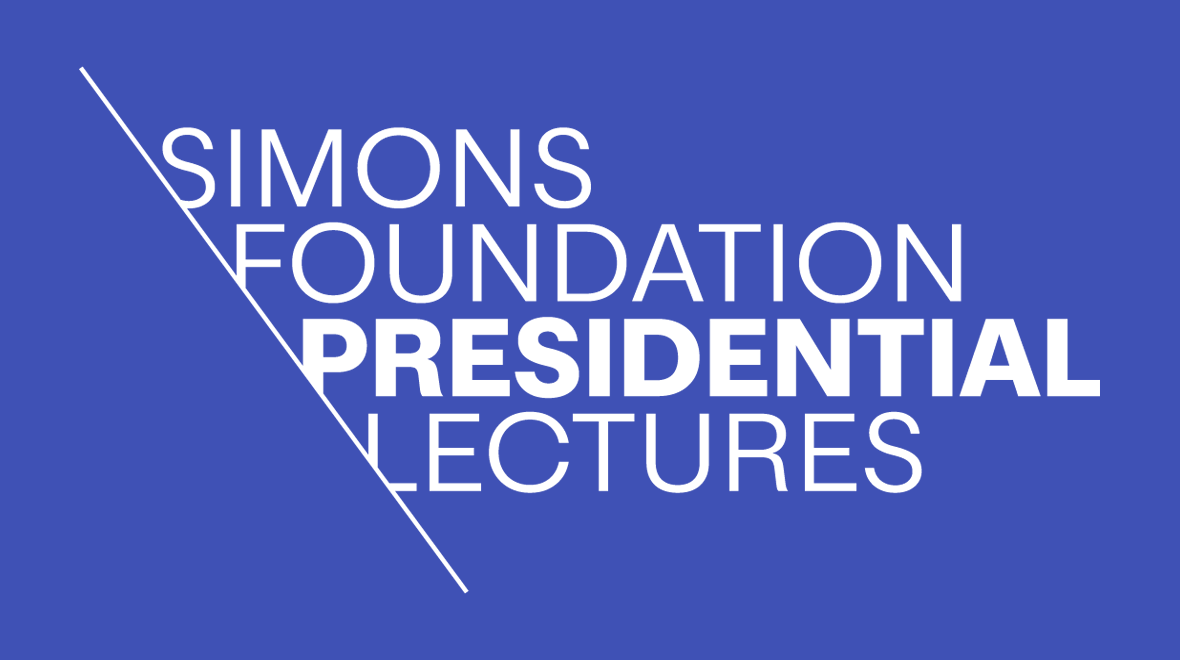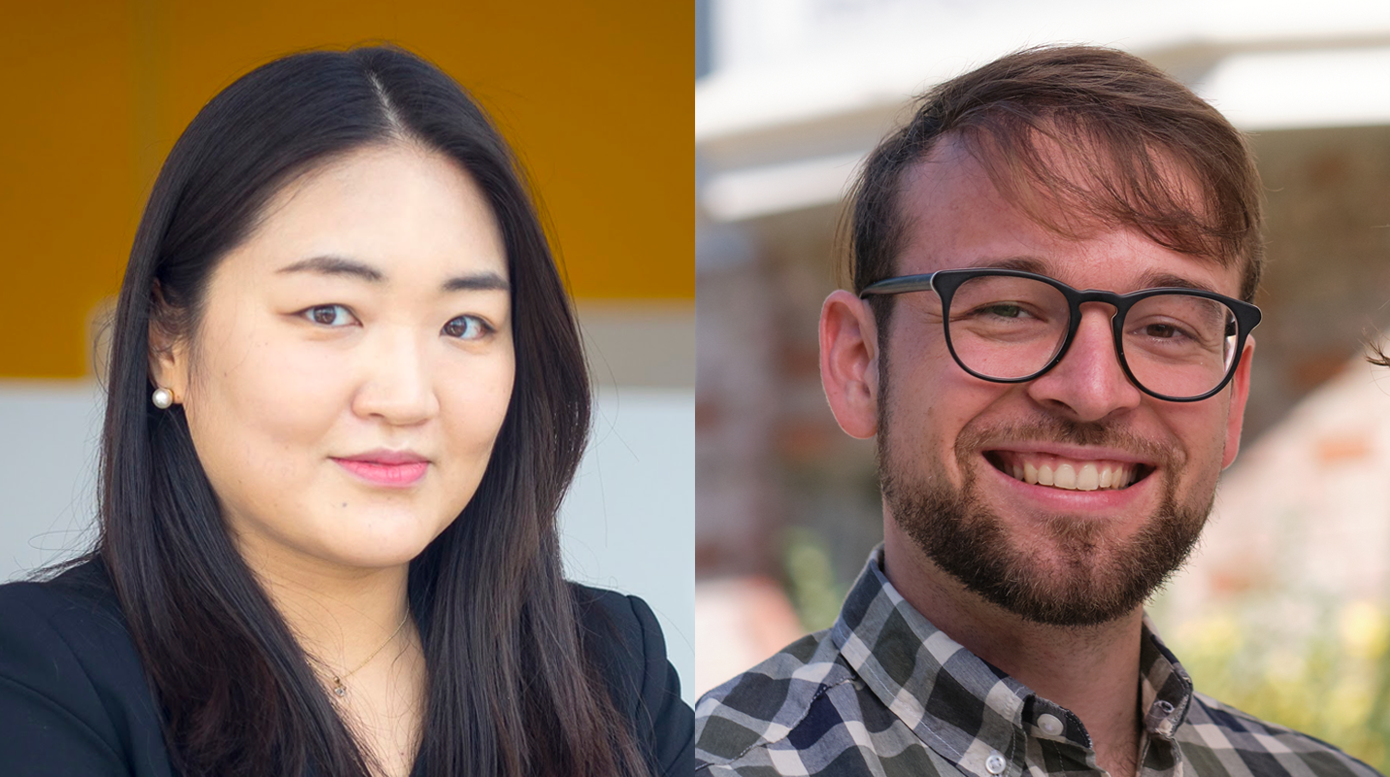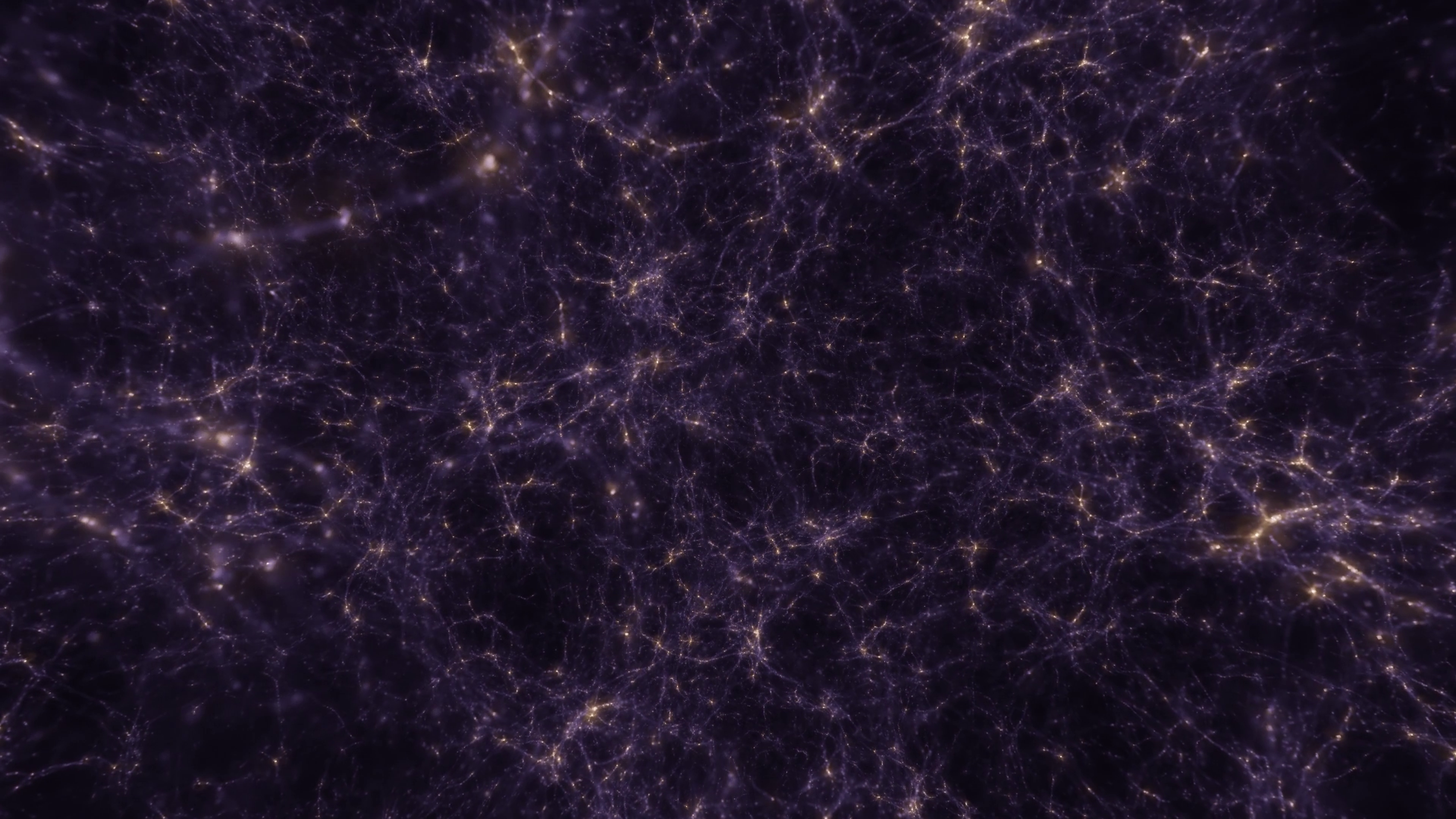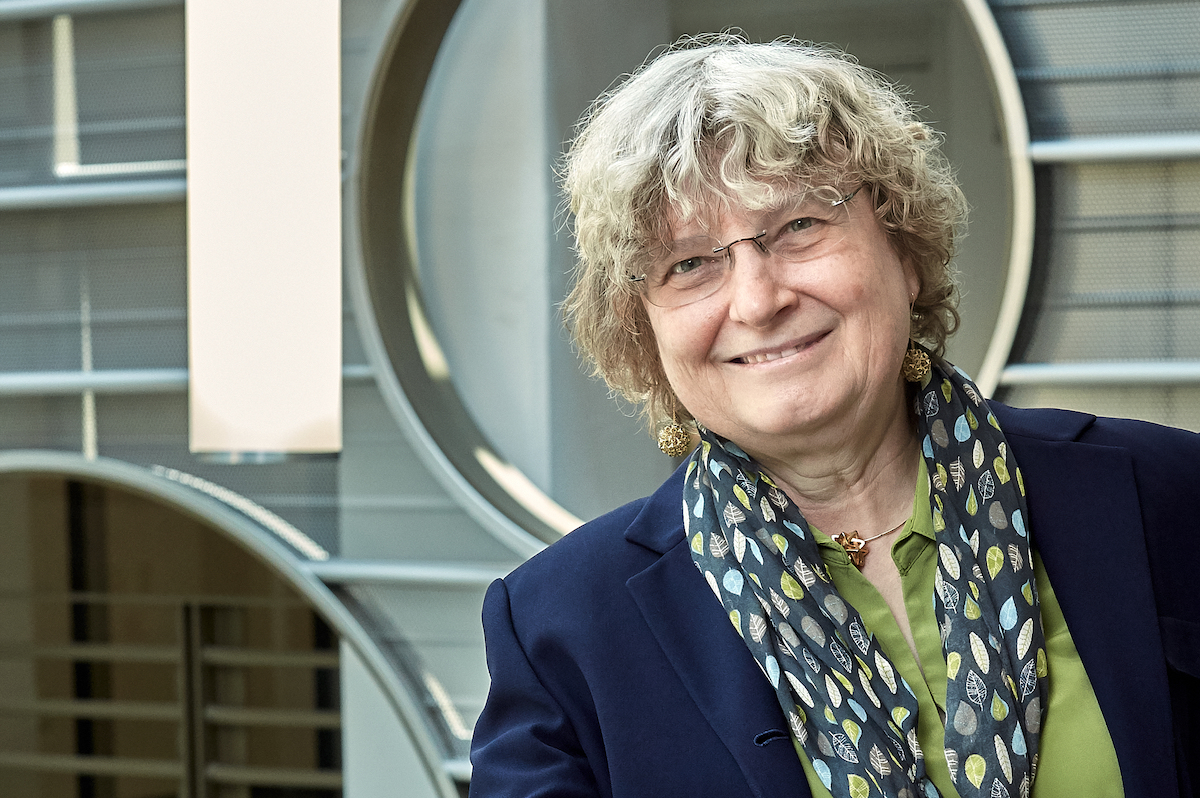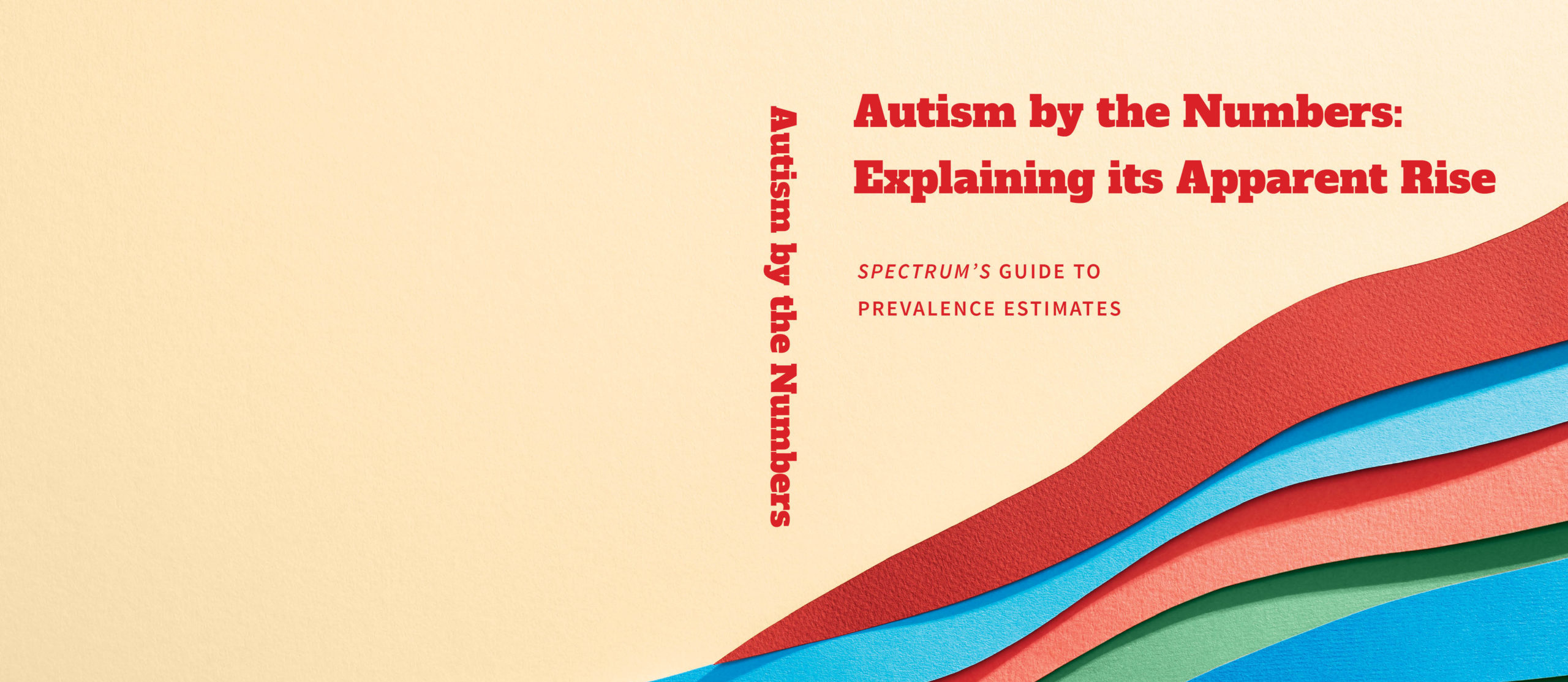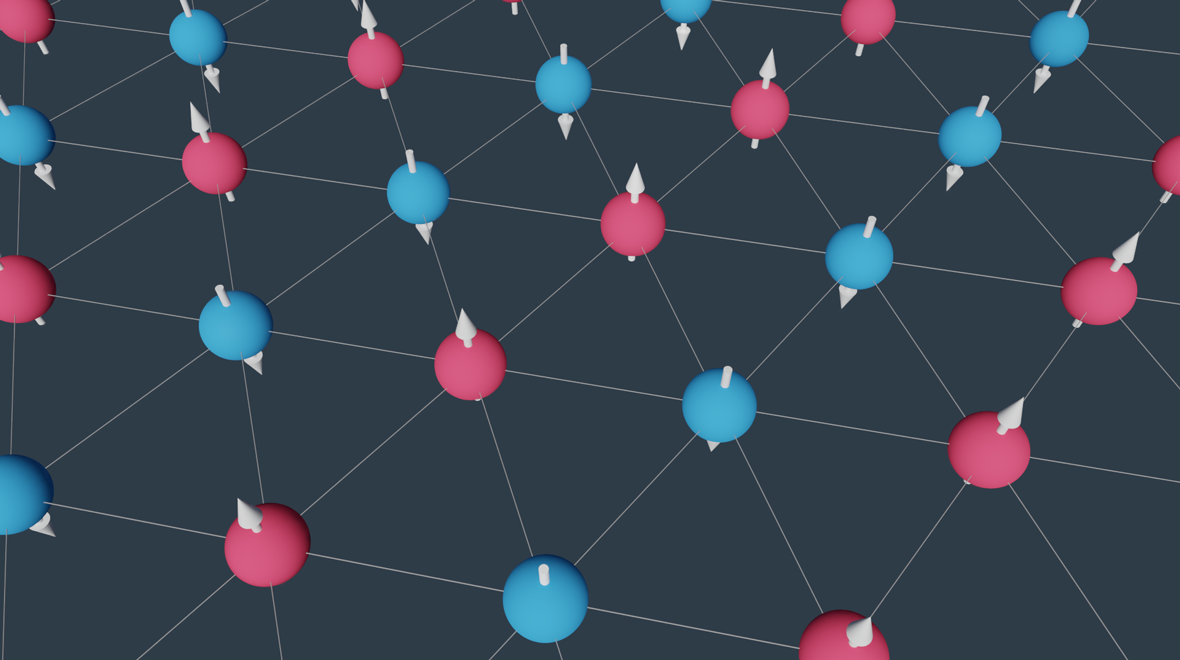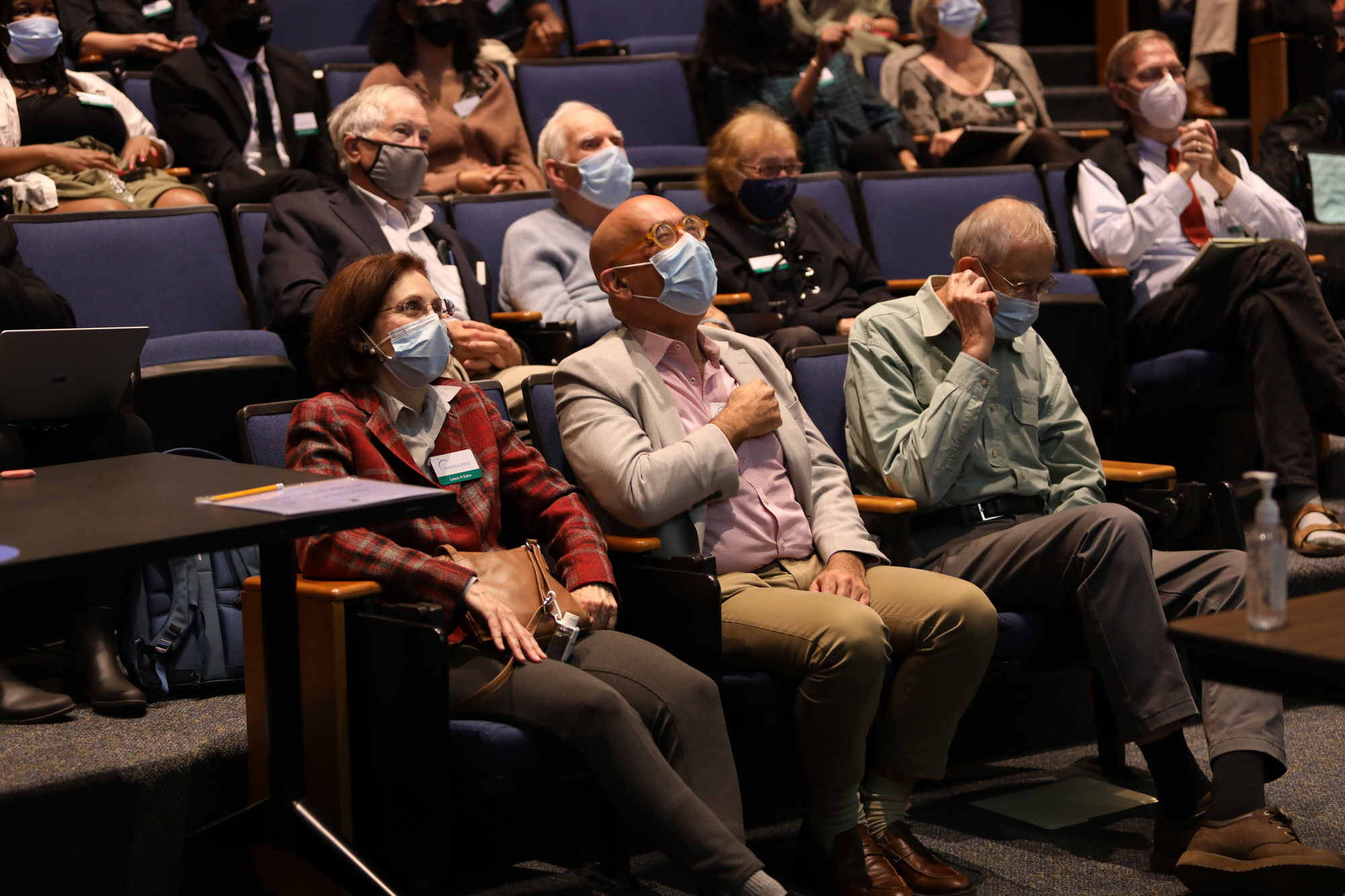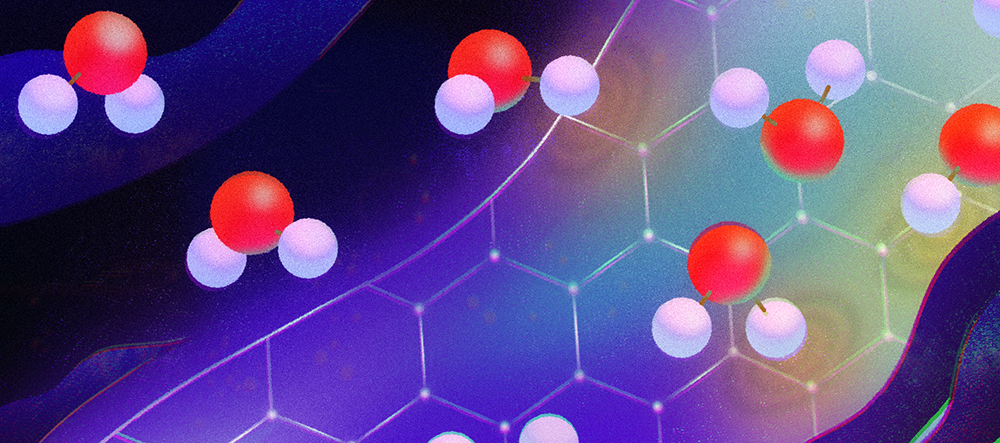
‘Quantum Friction’ Slows Water Flow Through Carbon Nanotubes, Resolving Long-Standing Fluid Dynamics Mystery
Simons Foundation, February 2022For 15 years, scientists have been baffled by the mysterious way water flows through the tiny passages of carbon nanotubes — pipes with walls that can be just one atom thick. The streams have confounded all theories of fluid dynamics; paradoxically, fluid passes more easily through narrower nanotubes, and in all nanotubes it moves with almost no friction. What friction there is has also defied explanation.
